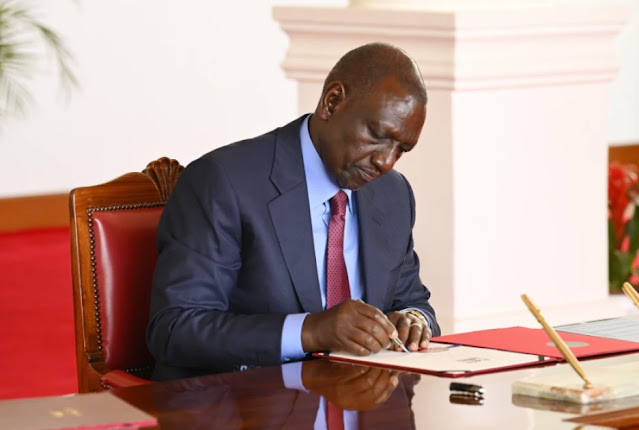This year’s Finance Act marks a notable shift from last year’s controversial approach, which sparked widespread protests and led to the withdrawal of punitive tax proposals. In contrast, the 2025 bill does not introduce new taxes, signaling a more cautious and responsive government stance.
According to officials at the National Treasury, the focus has now shifted from introducing new levies to strengthening compliance and sealing revenue leaks. “The focus this year is on enhancing compliance and streamlining tax collection not punishing citizens,” the Treasury said in a statement.
Among the key provisions in the new law is the repeal of tax deductions on pension gratuities, an expansion of mortgage interest relief to include loans acquired from SACCOs and personal lenders, and the introduction of new excise duties on digital asset transactions and deposits into betting and gaming wallets. Notably, MPs removed the highly contentious clause that would have allowed the Kenya Revenue Authority unrestricted access to citizens bank and financial data, following public backlash.
The law authorizes the Treasury to withdraw Ksh.1.88 trillion from the Consolidated Fund and utilize Ksh.672 billion in Appropriation in Aid for various government departments and agencies. This financial strategy is projected to raise an additional Ksh.30 billion through enhanced compliance mechanisms, rather than imposing additional burdens on taxpayers.
President Ruto also gave assent to the Appropriations Bill and Supplementary Appropriations Bill, enabling the government to begin implementing its financial plans for the new fiscal year starting July 1, 2025. The move underscores the administration’s attempt to balance its revenue goals with the need to maintain public trust after last year’s deadly protests, which claimed over 60 lives.
By signing the Finance Bill 2025 into law, the President has set in motion a national budget that prioritizes stability, economic resilience, and public accountability.













No comments: